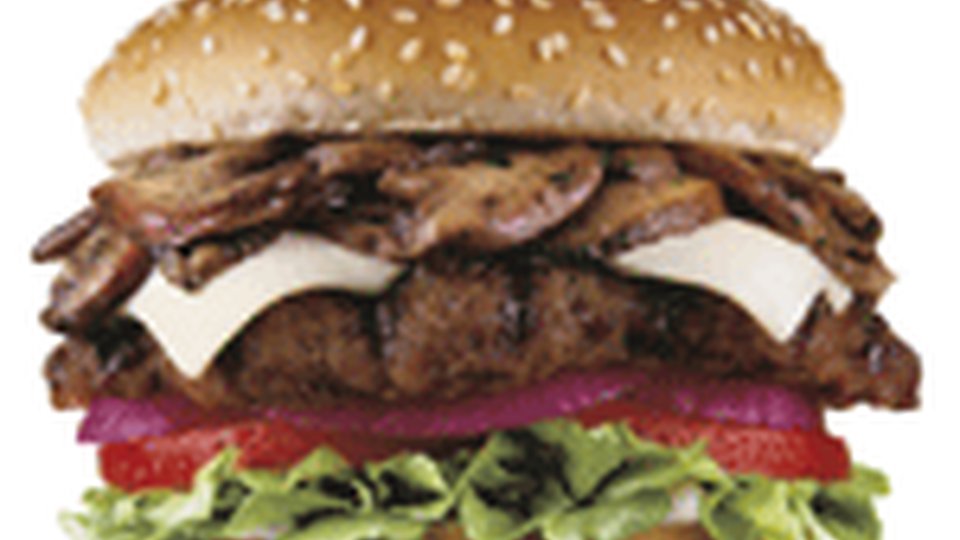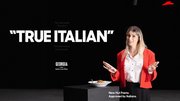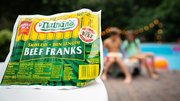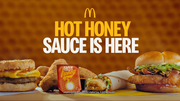Article
Can QSR premium burgers survive the economy?
For Carl's Jr., sales of its Six Dollar line aren't hurting, but combos and add-ons are faltering.

June 21, 2009
With consumers looking to save money wherever they can, brands across the restaurant industry have been pushing their value proposition. For quick-service brands, that push most often takes the form of a dollar menu. But at Carl's Jr., the chain's marketing campaign continues to tout premium burgers.
As Carl's Jr.'s same-store sales have fallen steadily over the last six months, it would appear their premium-heavy lineup is taking a hit. But executives for CKE Restaurants, Carl's Jr. parent company, insist the chain's Six Dollar Burger line is a good value.
Brad Haley, executive vice president of marketing for Carl's Jr. and sister chain Hardee's, said sales of Carl's Jr.'s Six Dollar Burgers aren't off, but rather add-ons and combo meals are.
"The sales of the burgers themselves have held up pretty darn well compared to previous burger introductions we've done when the economy was better, and even compared to burger introductions in the prior year," he said. "It's really in the side and drink areas where we're seeing the sales fall off."
Data from marketing research company The NPD Group seems to support that. The company's CREST report for the year ending March 2009 found that QSR sales of beverages were flat as were desserts and snacks. Sides/appetizers were down 2 percent compared to last year.
The report also found that servings of burgers overall were up 2 percent for the year. The company only recently began compiling data about premium beef offerings so it has no data available for that segment.
The right mix
Denise Lee Yohn, a brand business consulting partner, said it's necessary for concepts to offer products at both ends of the value continuum, no matter the state of the economy. The mix needs to include innovative, better-quality and higher-priced offerings as well as value or smaller-portion items.
"This two-tiered strategy is key to driving traffic among the different customer segments and usage occasions in the category," she said. "Carl's Jr. seems to be executing the strategy well."
For example, the company is promoting its Portobello Mushroom Six Dollar Burger as a top-tier product for consumers looking to indulge. At the same time, it is promoting its value items at the point of purchase to appeal to customers driven by price.
Haley said Carl's Jr. has seen "some increase" in sales of the limited number of value-priced sandwiches, which sell for about $1 at company-owned locations.
But the company maintains its stance that it does not need a value menu despite consumer interest in value-priced items. Instead, the company will continue to focus on its restaurant operating margins, which are consistently the best in the industry, he said.
"We don't have a high percentage of our sales that are going out the door in the form of value products," Haley said.
What has hurt Carl's Jr. overall is the economy in the Western United States, particularly in California. There, unemployment is among the highest in the nation, and it's where the chain has 87 percent of its company stores.
In comparison, comps at Hardee's — located primarily in the Midwest and South — have continued positive over the last several periods, boosted by breakfast sales, including the popular Made From Scratch Biscuits.
Carl's Jr. doesn't offer breakfast, but at Hardee's, the daypart makes up 45 percent of sales. Hardee's breakfast menu items have a traditionally lower price point than its lunch/dinner menu, Haley said.
Marketing strategy
Carl's Jr. has several initiatives in various stages of development to address the brands' falling sales. Andrew Puzder, CEO of chairman of Carl's Jr. parent company CKE Restaurants, outlined several in the company's latest earnings call.
Puzder said the brands' marketing will focus on the value of its premium quality burgers compared to its QSR and casual-dining competitors. And the company will emphasize its lower-priced menu items.
Haley said the latter strategy is one the company has used on occasion "depending on the circumstances or whether the products are compelling to certain segments."
| ||||||||||||||||||||||
Carl's Jr. is working on a variety of strategies to encourage sales of its beverages, side items and combo meals. One is a crew-incentive program to encourage combo upselling. The company also is offering a reduced combo upcharge for its value products but not its premium burgers.
"People tend to buy value," Haley said. "Those tend to be the lowest combo incidents. To incentivize people to convert their sandwich purchases to combos, we've reduced the combo upcharge for those specific buyers."
Mixed results from other brands
The confidence from other brands' in premium burgers in the current economy is mixed. Burger King, for example, said in an earlier interview that its push of its new Steakhouse XT burger line was an attempt to lure away casual dining occasions among its superfans.
Then, the company's comps fell in March as it promoted its premium burgers. Dow Jones reported late last month that Burger King was moving up its value ad push sooner than planned after its competitors' focus on value caused the chain to lose ground. The company's new messaging is on its $1 Whopper Jr. and BK Shots mini-burgers.
Burger King Corp. did not provide information about how sales of its premium offerings were doing, but a company spokesperson said the brand is not abandoning them even as it continues to further develop its BK Value Menu and BK Breakfast Value Menu.
At McDonald's, where sales have stayed strong, the company is planning to roll out its new one-third-pound Angus Burger. Last fall, the company delayed the burger's national launch because it was unsure that its $4 price point would do well as the economy was souring.
Julie Pottebaum, consultant for McDonald's, said she could not share sales figures for its higher-tiered products, but reiterated the company's value stance. It's important, she said, that the company continues to provide consumers with more choices at an affordable price.
"McDonald's and our franchisees understand the importance of value — now more than ever. And our customers tell us that value is important to them," she said.
 ChatGPT
ChatGPT Grok
Grok Perplexity
Perplexity Claude
Claude









